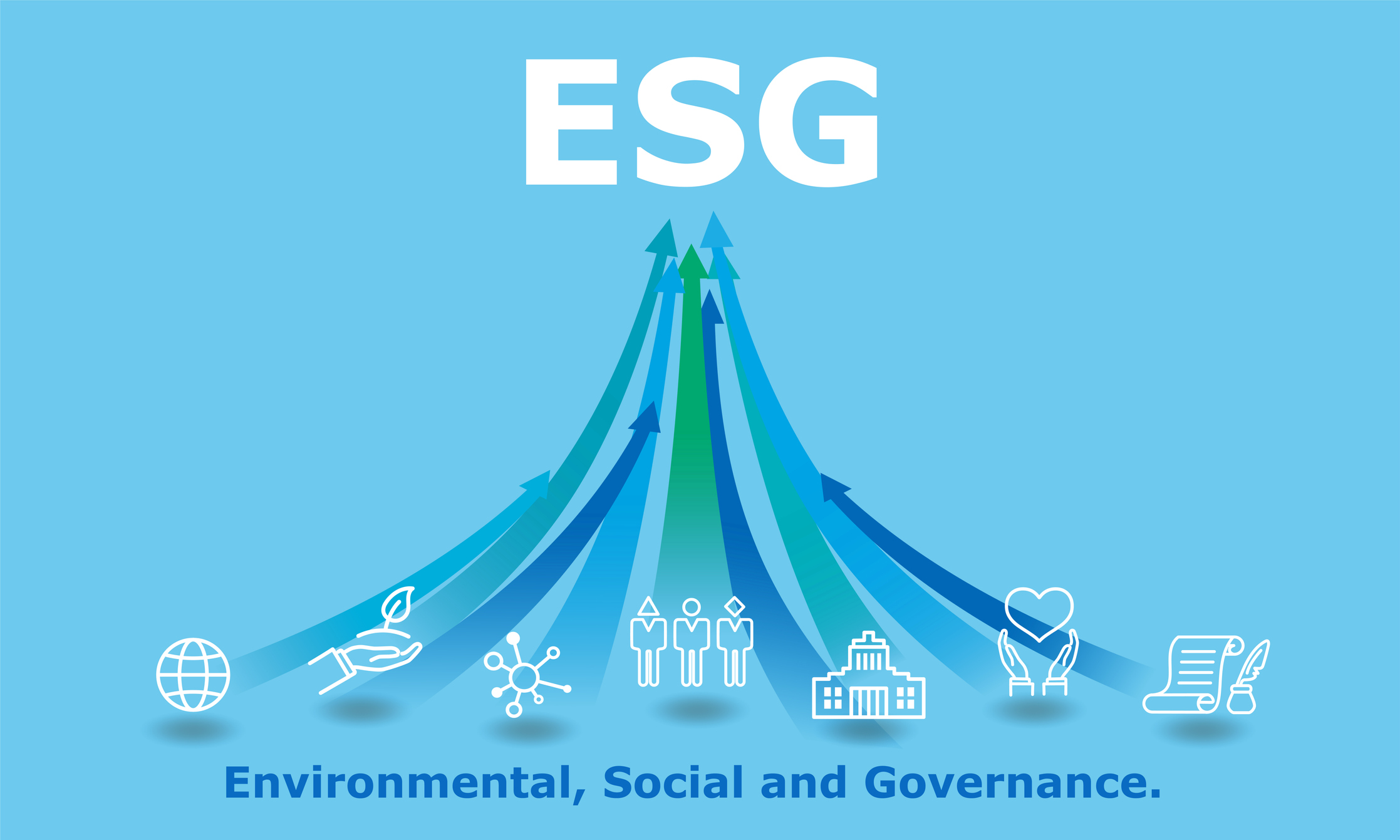TODAY’S investor is no stranger to environmental, social and corporate governance (ESG) or sustainable investing concepts. There is a need however to go beyond the labels and branding to truly understand what place ESG investing has in one’s portfolio.
Doing so also enables investors to identify specific sub-sectors which have greater future potential.
In the first part of the article, we covered the case for investing in ESG or sustainable investing that encompasses the clean energy, clean water and smart grid sectors. In this final part, we will touch on green financing (green bonds), waste management as well as how to gain exposure to these trends.
Green financing
Sustainable practices can also extend to how projects are financed. Green bonds can be issued to fund projects in categories such as renewable energy, pollution prevention and green building projects.

Additionally, bond issuers must maintain processes for evaluating and selecting green projects, managing proceeds and reporting environmental impact. A variety of issuers from governments, companies and projects have now raised over US$1 tril, thus forming a vibrant market to invest in.
Individual bond issuances are usually beyond the reach of individual investors. As such, bond ETFs (exchange traded funds) such as iShares Global Green Bond and Lyxor Green Bond ETF present a way to hold a diversified portfolio of bonds.
These ETFs aggregate green bonds that align to an index or methodologies, and have historically returned 3 to 4% annually.
Waste management
While waste management is not glamorous and can be boring at times, there is a solid investment case to be made for this sector.
Companies involved in waste collection, transfer and disposal services, recycling and wastewater management often have concession agreements from municipal or state governments which makes these companies recession-proof.
On top of government mandates, rapid urbanisation and industrialisation will lead to increased activity for these companies. There is also an innovation component where some landfill operators mine aging landfills for recyclable materials or even capture methane gas can be turned into usable power.
In this area, two industry titans stand out, namely Waste Management and Republic Services which collectively own close to 500 or 20% of the landfills in the US.
Regardless of the pandemic, these companies have been resilient with the industry poised to benefit from economy re-opening. Waste management companies are also at an advantage as healthcare ministries have mandated responsible/proper disposal of used masks, gloves, suits, syringes and other medical equipment to curb the spread of COVID-19 infection.
Coming full circle
There are a few ways investors can choose to gain exposure to green innovation or clean technology.
The ETF route is one such convenient and low-cost way, especially if you’re not an investor keen on choosing potential winners, but are bullish on a particular trend such as clean water (for example, First Trust Water ETF) or waste management (such as Invesco Water Resources ETF).
Buying a few ETFs to form a portfolio also makes it an easy way to construct a portfolio. Buying directly into single stocks is also one way to gain exposure (I’ve named a few companies who are at the forefront of these trends in my two-part series).
To invest in a few stocks for the long term with high conviction, one needs to stay abreast of the financial and strategic developments of these companies.
All-in-all, depressing climate change news should make investors wake up to the new investment opportunities that this space presents.
Not only can investors vote with their conscience but they don’t necessarily have to sacrifice investment performance. Investing in companies with strong ESG practices and have innovations in green technology present growth opportunities for one’s portfolio. — Feb 27, 2022
The author Wong Wai Ken, is the Country Manager of StashAway Malaysia, a Roboadvisor regulated by the Securities Commission.
The views expressed are solely of the author and do not necessarily reflect those of Focus Malaysia.









